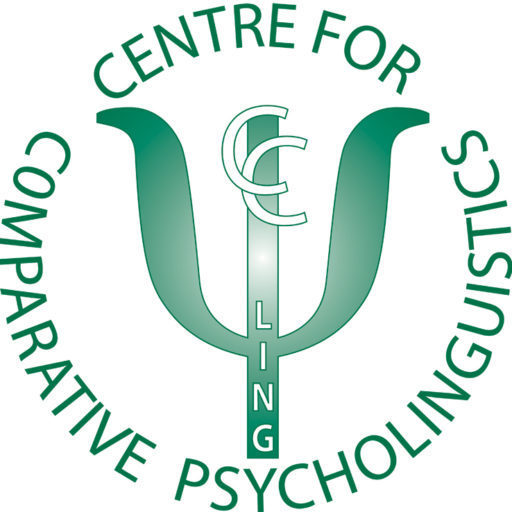Yu-Ying Chuang & Harald Baayen (Eberhard Karls University, Tübingen)
The discriminative lexicon put forward by Baayen et al. (2019) is a dynamic system that constantly learns and changes the association weights between cues (e.g., speech signal) and outcomes (e.g., word meaning). Linear Discriminative Learning (LDL) is the computational implementation for this theory of the mental lexicon. At the heart of this model are simple networks that specify the connection strengths between all cues and outcomes. In contrast to linguistic theories that hinge on constructs such as morphemes and phonemes, LDL tries to move between form and meaning without these constructs, using the mathematics of multivariate multiple linear regression.
In this course, a lecture series will introduce the theoretical background and the design of the LDL model, as well as review modeling results obtained across different languages for a wide range of tasks (e.g., visual and auditory word recognition, speech production, nonword processing) and contexts (e.g., lexical processing in multilingualism, as well as in aphasia).
A series of lab sessions, including hands-on exercises, will introduce participants to working with the LDL software as implemented in the R package WpmWithLdl, covering data preparation, model building, model evaluation, and the analysis of experimental response variables with model-based predictors. This course will enable participants to build and test their own LDL models, and to evaluate the strengths and weaknesses of this computational implementation of the mental lexicon.
References:
Baayen, R. H., Chuang, Y. Y., and Blevins, J. P. (2018). Inflectional morphology with linear mappings. The Mental Lexicon, 13 (2), 232-270. https://doi.org/10.1075/ml.18010.baa
Baayen, R. H., Chuang, Y. Y., Shafaei-Bajestan E., and Blevins, J. P. (2019). The discriminative lexicon: A unified computational model for the lexicon and lexical processing in comprehension and production grounded not in (de)composition but in linear discriminative learning. Complexity, 2019, 1-39. https://doi.org/10.1155/2019/4895891
Baayen, R. H., and Smolka, E. (2019). Modeling morphological priming in German with naive discriminative learning. PsyArXiv, May 6, 1-40. doi:10.31234/osf.io/nj39v.
Chuang, Y.-Y., Lõo, K., Blevins, J. P., and Baayen, R. H. (2019). Estonian case inflection made simple. A case study in Word and Paradigm morphology with Linear Discriminative Learning. PsyArXiv, May 6, 1-19. doi:10.31234/osf.io/hdftz.
Chuang, Y-Y., Bell, M. J., Banke, I., and Baayen, R. H. (2020). Bilingual and multilingual mental lexicon:a modeling study with Linear Discriminative Learning. PsyArXiv, January 10, 1-55. doi:10.31234/osf.io/adtyr.
Chuang, Y-Y., Vollmer, M-l., Shafaei-Bajestan, E., Gahl, S., Hendrix, P., and Baayen, R. H. (2020). The processing of pseudoword form and meaning in production and comprehension: A computational modeling approach using Linear Discriminative Learning. PsyArXiv, Feburary 19, 1-52. doi:10.31234/osf.io/byrux.
Heitmeier, M., and Baayen, R. H. (2020). Simulating phonological and semantic impairment of English tense inflection with Linear Discriminative Learning. PsyArXiv, January 7, 1-29. doi:10.31234/osf.io/5eksa.
